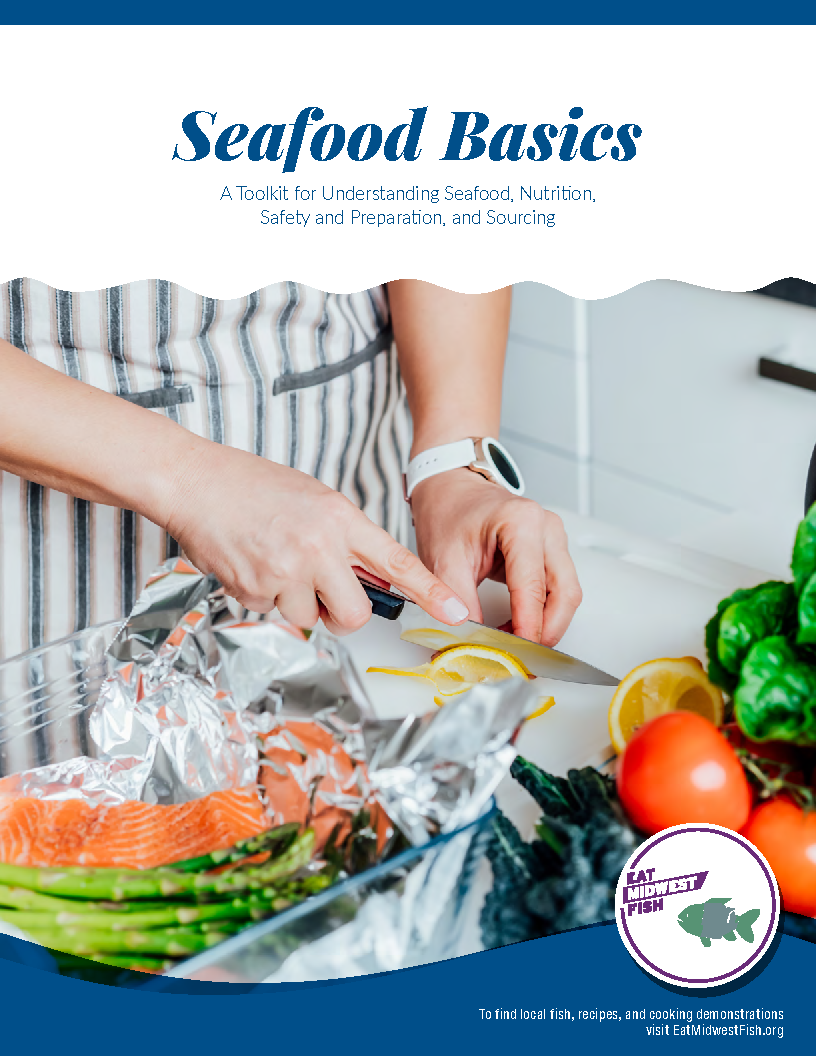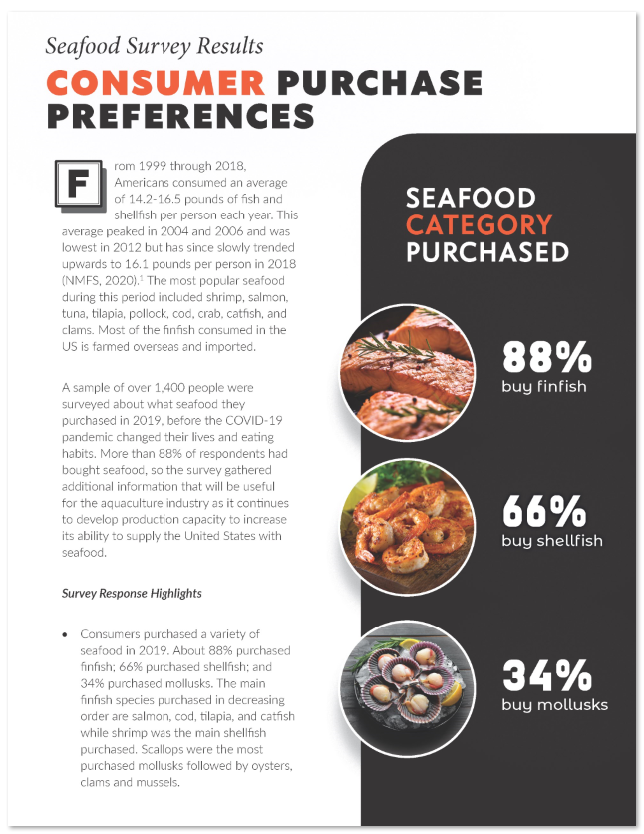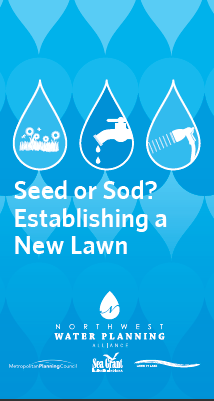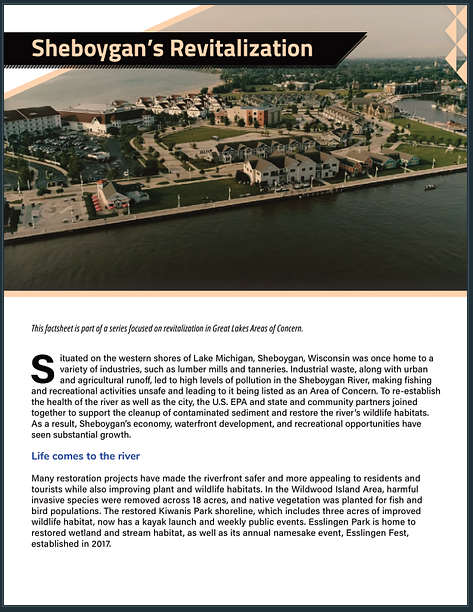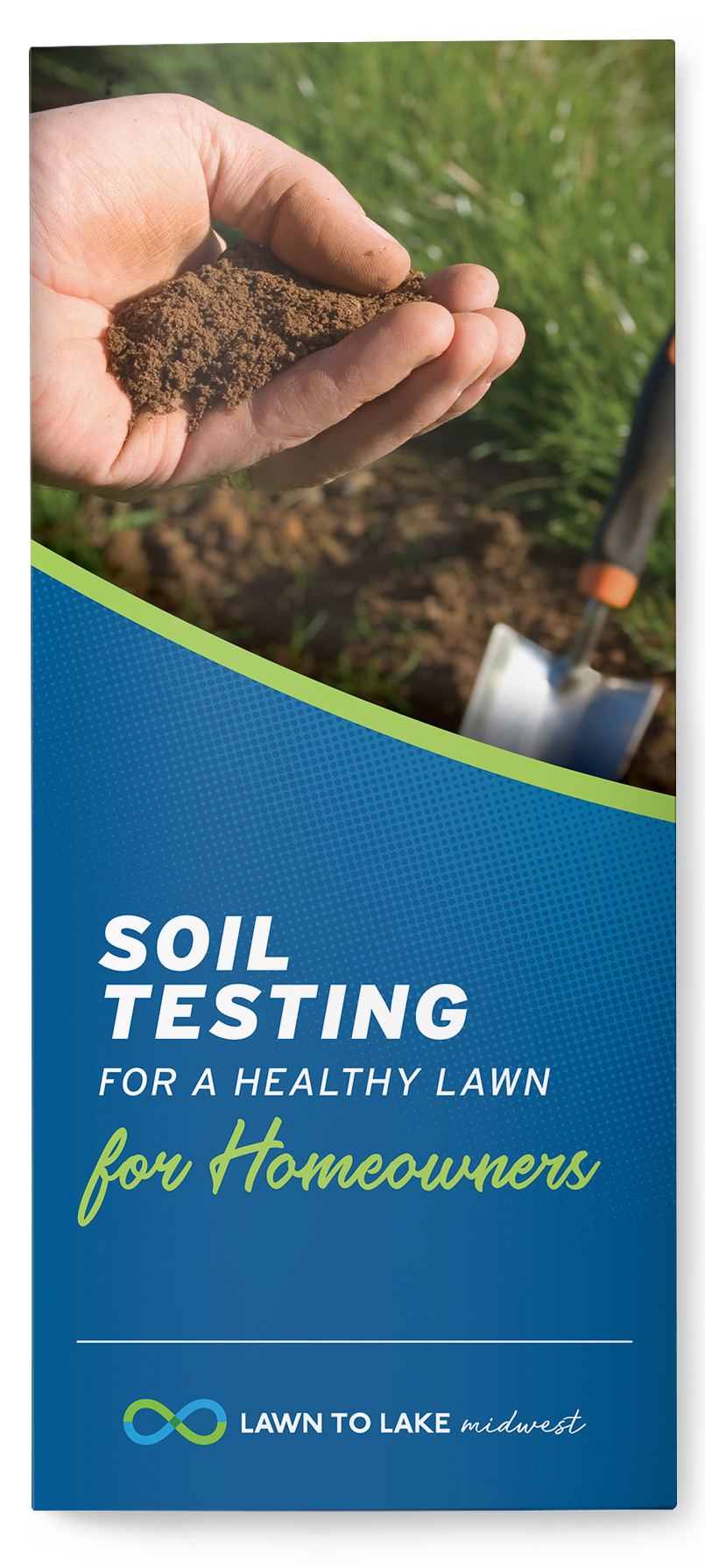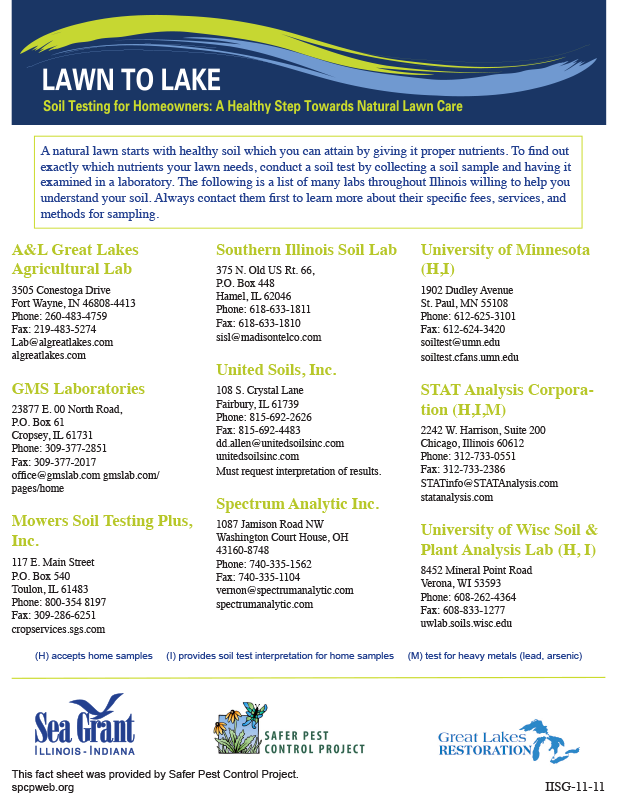Results
File Type: pdf
File Size: 21.49 MB
Year: 2023
This toolkit is a curated collection of information and resources focused on seafood for educators interested in supplementing existing programs. Topics covered in this publication include the health benefits of eating seafood, recommendations for including seafood as part of healthy eating patterns, sourcing, and seafood safety. In addition to information about nutrition and safety, there are sections on cooking methods, recipes, and social media that can be used for planning your next cooking demonstration and educating and inspiring clients.
Download File
File Type: pdf
File Size: 2.22 MB
Year: 2021
This document provides results of a 2019 national consumer survey of seafood preferences carried out by Illinois-Indiana Sea Grant, Purdue University, Michigan State University, and Southern Illinois University.
Download File
File Type: pdf
File Size: 1.42 MB
Year: 2017
Learn about the pros and cons of using two different methods to establish a new lawn.
Download File
File Type: pdf
File Size: 2.86 MB
Year: 2021
This brochure is a part of a natural lawn care communication campaign developed and refined through a series of grant funded homeowner surveys and focus groups. The goal is to address the issue of lawn care-related pollution in watersheds by targeting outreach efforts directly towards homeowners engaged in lawn care. Survey data revealed that soil testing is a lawn care practice overlooked by homeowners. This brochure aims address the importance of soil testing as it relates to turfgrass health.
References:
- Lee, S., & McCann, L. (2018). Passage of Phosphorus-free Lawn Fertilizer Laws by U.S. States. Journal of Natural Resources Policy Research, 8(1-2), 66-88. Retrieved July 17, 2020, from www.jstor.org/stable/10.5325/naturesopolirese.8.1-2.0066
Download File
File Type: pdf
File Size: 356.49 KB
Year: 2011
A directory for soil testing companies in the Great Lakes area.
Download File
Page 26 of 37
Note: Some older Illinois-Indiana Sea Grant publications have not yet been restructured into ADA compliant formats. We are actively working on this. If you are having difficulty accessing a particular item in one of our databases, please contact iisg@purdue.edu with the name of the item and its URL for further assistance.
